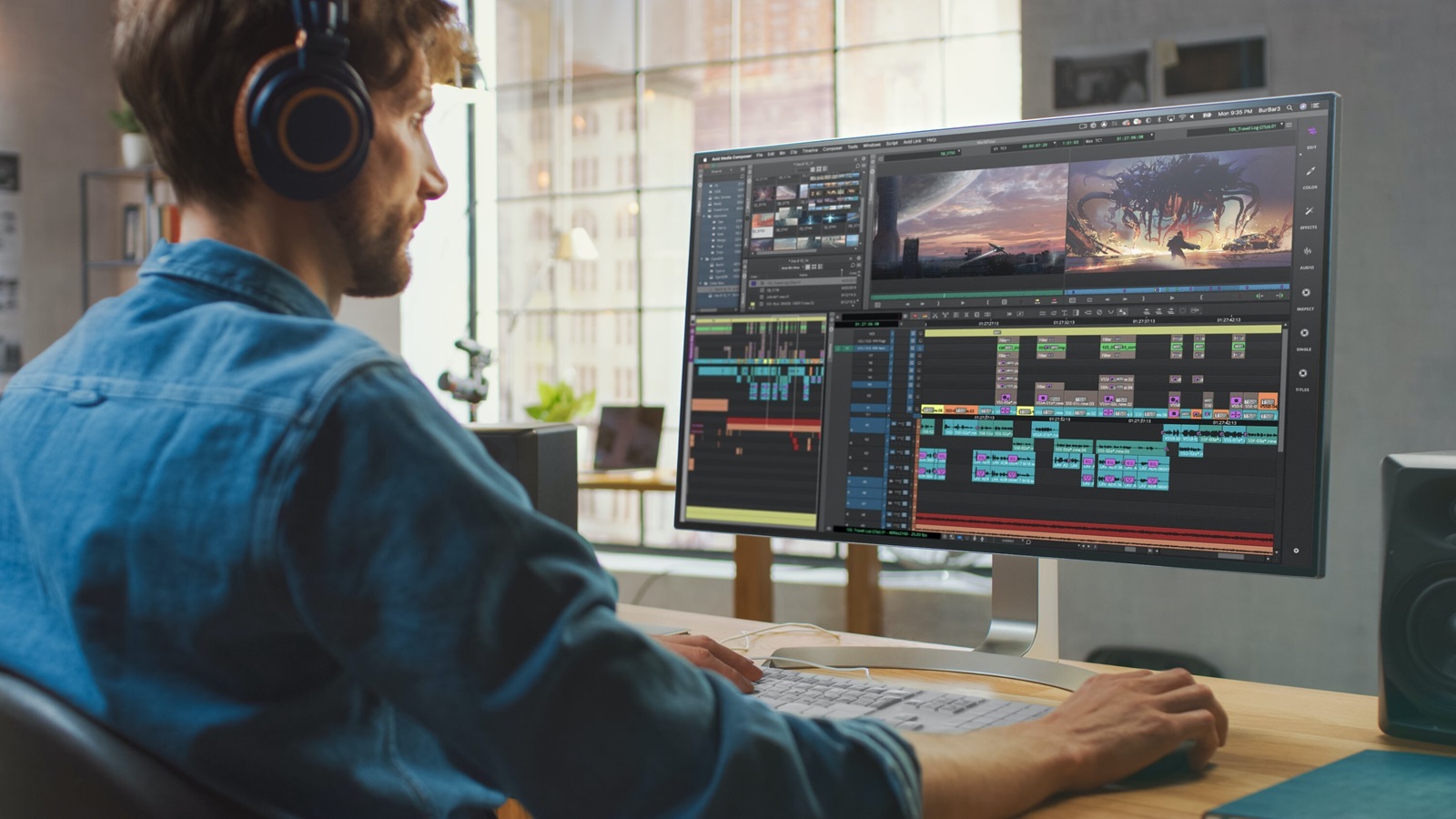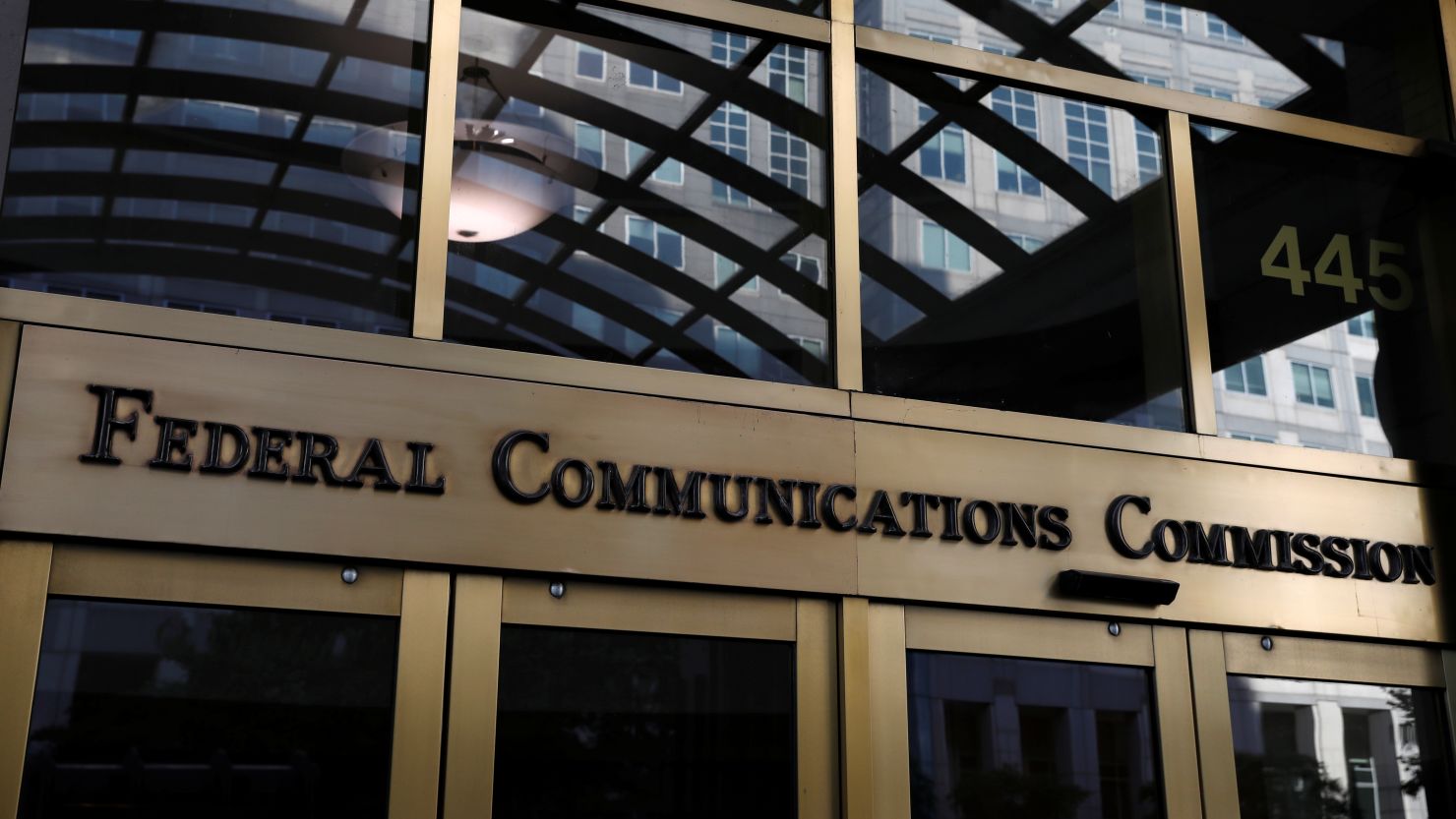
Film editing is a critical and often underappreciated aspect of the filmmaking process. Behind the scenes, film editors work diligently to piece together footage, manipulate audio, and create a cohesive narrative that captivates audiences. These unsung heroes play an integral role in bringing a director’s vision to life on the silver screen.
In this article, we will delve into the world of film editing and explore some astonishing facts about this fascinating profession. From the history of film editing to the technological advancements that have revolutionized the field, we will shine a spotlight on the creative minds behind the scenes who shape the stories we love. So, grab your popcorn and get ready to discover ten astounding facts about film editors that will change the way you view the movies.
Key Takeaways:
- Film editors are like the architects of movies, piecing together footage to create engaging stories and enhance the director’s vision. They work long hours and make tough decisions to bring films to life.
- Using advanced software and artistic instincts, film editors shape the tone, atmosphere, and emotional impact of movies. They are the unsung heroes behind the scenes, continuously refining their work to captivate audiences.
Film editing is a crucial aspect of the filmmaking process.
A film editor is responsible for piecing together raw footage, selecting the best takes, and creating a cohesive and engaging narrative. Without the expertise of a film editor, movies would lack structure and flow.
Film editors work closely with the director to bring their vision to life.
Collaboration between the director and film editor is vital in achieving the desired storytelling effect. Editors help translate the director’s creative vision and enhance the emotional impact of the film.
Film editors utilize cutting-edge software and technology.
Modern film editing involves using advanced software such as Adobe Premiere Pro, Avid Media Composer, and Final Cut Pro. These tools enable editors to manipulate footage, add visual effects, and create seamless transitions.
Film editors use their artistic instincts to shape the story.
Editors have a keen sense of timing, rhythm, and visual storytelling. They make crucial decisions about the pacing, arrangement, and order of scenes, ensuring a captivating and cohesive narrative.
Film editors often work long hours to meet tight deadlines.
Editing a film can be a time-consuming process, and editors often work against tight schedules to deliver the final product on time. Their dedication and attention to detail are essential in meeting project deadlines.
Film editors enhance the performances of actors.
Through the editing process, editors have the power to emphasize certain moments, enhance performances, and create impactful emotional scenes. They can shape the actors’ performances to evoke strong reactions from the audience.
Film editors play a crucial role in establishing the film’s tone and atmosphere.
By selecting the right shots, sound effects, and music, editors can set the desired mood and atmosphere for the film. Their choices greatly contribute to the overall cinematic experience.
Film editors often have to make difficult decisions about what to cut.
Editors need to make tough choices about which scenes or shots to include and which to leave out. Their decisions directly impact the final version of the film and can greatly influence its success.
Film editors continuously refine their work until it meets their high standards.
Editing is an iterative process, and editors often review and revise their work multiple times. They strive for perfection and make subtle adjustments to ensure the film reaches its full potential.
Film editors are unsung heroes behind the scenes.
While actors and directors often receive the spotlight, film editors are the unsung heroes who contribute significantly to the success of a film. Their creative and technical skills bring stories to life and captivate audiences.
Conclusion
In conclusion, film editing is a fascinating and crucial aspect of the filmmaking process. Film editors play a vital role in shaping the final product and bringing the director’s vision to life. With their technical skills, creative instincts, and attention to detail, film editors have the power to enhance the overall storytelling experience and evoke emotions from the audience.
Whether it’s seamlessly blending scenes together, creating tension with suspenseful cuts, or adding visual effects, film editors have the ability to elevate the cinematic experience. They work closely with directors, sound designers, and other members of the post-production team to ensure that every frame of the film is meticulously crafted.
So, the next time you watch a movie, take a moment to appreciate the incredible work of film editors. Their contributions behind the scenes are truly astounding.
FAQs
1. What is the role of a film editor?
A film editor is responsible for selecting and combining shots to create a cohesive and compelling narrative. They work closely with the director to shape the story, choosing the best takes, trimming unnecessary footage, and adding visual and audio effects.
2. What skills are required to become a film editor?
To become a film editor, one needs strong technical knowledge of editing software like Adobe Premiere Pro or Final Cut Pro. Additionally, creativity, attention to detail, and the ability to work well under pressure are essential skills for a successful film editor.
3. How does a film editor contribute to the overall storytelling process?
A film editor plays a crucial role in the storytelling process by creating the pace, rhythm, and emotional impact of a film. They make decisions on scene transitions, shot selection, and the overall flow of the narrative, ultimately shaping the audience’s experience.
4. What is the difference between a film editor and a director?
While both a film editor and a director are involved in the filmmaking process, their roles are distinct. The director is responsible for the overall vision and creative direction of the film, while the film editor focuses on editing and assembling the footage to bring that vision to life.
5. Can a film editor make significant changes to a film’s storyline?
While film editors have the power to influence the storytelling through their editing choices, major changes to the storyline are typically decided by the director and producers. Film editors work collaboratively to enhance the director’s vision rather than completely altering the narrative structure.
Intrigued by film editing's astounding facts? Keep exploring! Unravel Lee Unkrich's unbelievable journey, a master storyteller whose Pixar magic has captivated audiences worldwide. From Toy Story 2 to Coco, his editing prowess breathes life into beloved characters, weaving together heartfelt narratives that resonate across generations. Discover how Unkrich's meticulous craftsmanship and innovative techniques have revolutionized animation editing, setting new standards for the industry. Prepare to be amazed as you delve into the extraordinary career of this filmmaking trailblazer, whose dedication and creativity continue to inspire aspiring editors and moviegoers alike.
Was this page helpful?
Our commitment to delivering trustworthy and engaging content is at the heart of what we do. Each fact on our site is contributed by real users like you, bringing a wealth of diverse insights and information. To ensure the highest standards of accuracy and reliability, our dedicated editors meticulously review each submission. This process guarantees that the facts we share are not only fascinating but also credible. Trust in our commitment to quality and authenticity as you explore and learn with us.


